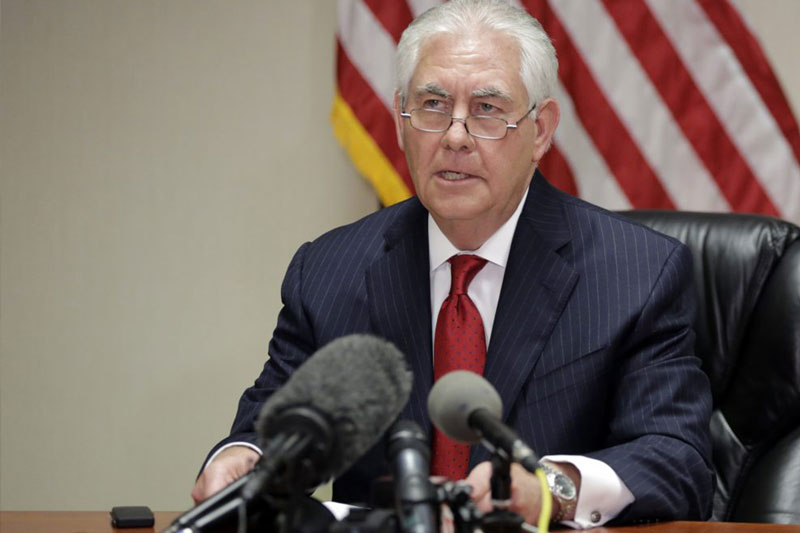Congress’s nonpartisan auditing and investigating arm, The Government Accountability
Office is being asked by all the five Cuban- American House Members to determine if the State Department had mishandled its own response to a series of mysterious sonic attacks on at least 24 of the U.S diplomats present in Cuba.
Representatives Carlos Curbelo, Ileana Ros-Lehtinen, Mario Diaz-Balart, Alex Mooney, and Albio Sires, want the GAO to clear up these lingering questions surrounding the attacks and how the State Department had handled them—both during the Obama administration, and when the attacks had first began, and this year after President Donald Trump’s team took the helm.
Ros-Lehtinen – a senior member of the Foreign Relations Committee and its former chair; Sires is also a ranking Democrat of the panel’s Western Hemisphere’s subcommittee.
The lawmakers sent a letter to Gene Dodaro who is a U.S. comptroller, and heads the GAO, on Tuesday demanding answers of their questions about how the State Department had “investigated and responded to these attacks.”
The House members are in particular interested in the exact timeline of the events involving the attacks in Cuba and the State’s response to the attacks and the medical needs of those who were affected. They were also intrigued by and wanted explanations to as to what type of State policies and procedures existed to “respond to, analyze, and report incidents of attacks” on the U.S. personnel present and deployed overseas and whether the State Department followed those policies and procedures.
Mentioning to the numerous media reports that the tourists may have been affected by the sonic attacks in Cuba, they also asked whether any private U.S. citizens in Cuba have also been affected by attacks of similar nature and what steps did the State Department take to alert the U.S. citizens and provide their assistance to them if they believed that they were affected by any attacks.
Specifically, the lawmakers wanted to know if the State Department had convened an Accountability Review Board (ARB) – an independent panel that the agency is required to set up when any serious incidents occur that may threaten the security of U.S. diplomats abroad.
The Benghazi attack—during which several of the Americans, including the Ambassador Chris Stevens, were killed—focused public’s attention on the ARB’s role in evaluating the State Department’s role in failing to protect the compound and how the agency was used to of operating in the aftermath of the attack.
The ARB process, which the Congress established, investigates what had happened and issued recommendations aimed at preventing any future incidents.
If the State Department followed the ARB process, it would further provide a much definitive timeline of when the complaints actually began and how the officials had responded to them.
In the wake of these Benghazi attack, the State Department’s Office of Inspector General had also reviewed the ARB’s process and had interviewed four secretaries of State who held the office between the years 1998 and 2012.
“All stated that the ARB process was an effective tool that could provide the Department with important lessons for enhancing the security and safety of U.S. diplomatic facilities and employees,” the OIG had said in a report, issued September 2013.
The State Department is repeatedly declining to provide any specific timeline of when the U.S officials first became aware of these complaints from the U.S. diplomats about the symptoms that were later associated with the attacks and how did they responded to these complaints that has now affected 24 diplomats.























